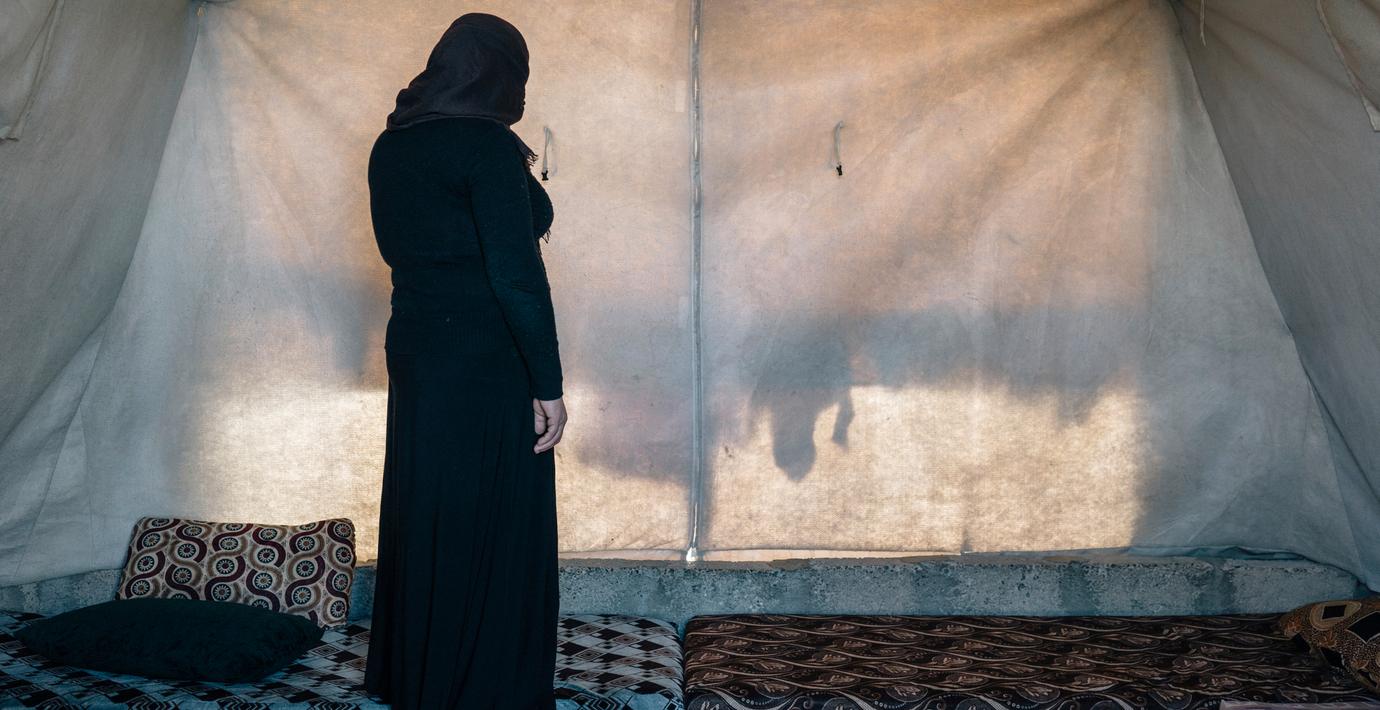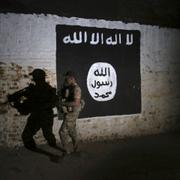
FN: 36 yazidier fria från IS efter tre år
36 yazidier har återvunnit friheten efter nästan tre år i fångenskap hos terrorgruppen IS, rapporterar BBC med hänvisning till FN.
De har nu förts till en FN-bas i Dohuk i norra Irak. Det är oklart om de blev släppta eller lyckades fly. FN ville inte ge mer information eftersom man inte vill äventyra eventuella framtida frisläppanden.
IS dödade och tillfångatog tusentals yazidier efter att de tog kontroll över staden Sinjar i Irak 2014. Kurdiska styrkor tog tillbaka kontrollen över staden 2015 men uppemot 1 500 yazidier uppskattas fortfarande hållas som fångar av IS på andra platser i Irak, enligt FN.
bakgrund
IS förföljelse av yazidier
Wikipedia (en)
The Yazidis (also Yezidis, Êzidî; /jəˈziːdiːz/ yə-ZEE-dees) are an ethnically Kurdish religious community or an ethno-religious group indigenous to northern Mesopotamia (see also Ezidkhan) who are strictly endogamous. Their religion, Yazidism is linked to ancient Mesopotamian religions and combines aspects of Zoroastrianism, Islam, Christianity and Judaism. Yazidis who marry non-Yazidis are automatically considered to be converted to the religion of their spouse and therefore are not permitted to call themselves Yazidis. They live primarily in the Nineveh Province of Iraq. Additional communities in Armenia, Georgia, Turkey, Iran, and Syria have been in decline since the 1990s as a result of significant migration to Europe, especially to Germany. The Yazidis' cultural practices are observably Kurdish, and almost all speak Kurmanji (Northern Kurdish). The Soviet Union considered the Yazidis to be Kurds, as does Sharaf Khan Bidlisi's Sheref-nameh of 1597, which cites seven of the Kurdish tribes as being at least partly Yazidi, and Kurdish tribal confederations as containing substantial Yazidi sections.
The Yazidis are monotheists, believing in God as creator of the world, which he has placed under the care of seven holy beings or angels, the chief of whom is Melek Taus, the Peacock Angel. The Peacock Angel, as world-ruler, causes both good and bad to befall individuals, and this ambivalent character is reflected in myths of his own temporary fall from God's favour, before his remorseful tears extinguished the fires of his hellish prison and he was reconciled with God.
This belief has been linked by some people to Sufi mystical reflections on Iblis, who also refused to prostrate to Adam despite God's express command to do so. Because of this similarity to the Sufi tradition of Iblis, some followers of other monotheistic religions of the region equate the Peacock Angel with their own unredeemed evil spirit Satan, which has incited centuries of persecution of the Yazidis as "devil worshippers". Persecution of Yazidis has continued in their home communities within the borders of modern Iraq, under fundamentalist Sunni Muslim revolutionaries.
On 7 April 2007 a crowd of up to 2000 Yazidi stoned 17-year-old Iraqi of the Yazidi faith Du'a Khalil Aswad to death. Rumors that the stoning was connected to her alleged conversion to Islam prompted reprisals against Yazidis by Sunnis, including the 2007 Mosul massacre.
Beginning in August 2014, the Yazidis were targeted by the Islamic State of Iraq and the Levant in its campaign to "purify" Iraq and its neighbouring countries of non-Islamist influences.
Omni är politiskt obundna och oberoende. Vi strävar efter att ge fler perspektiv på nyheterna. Har du frågor eller synpunkter kring vår rapportering? Kontakta redaktionen



